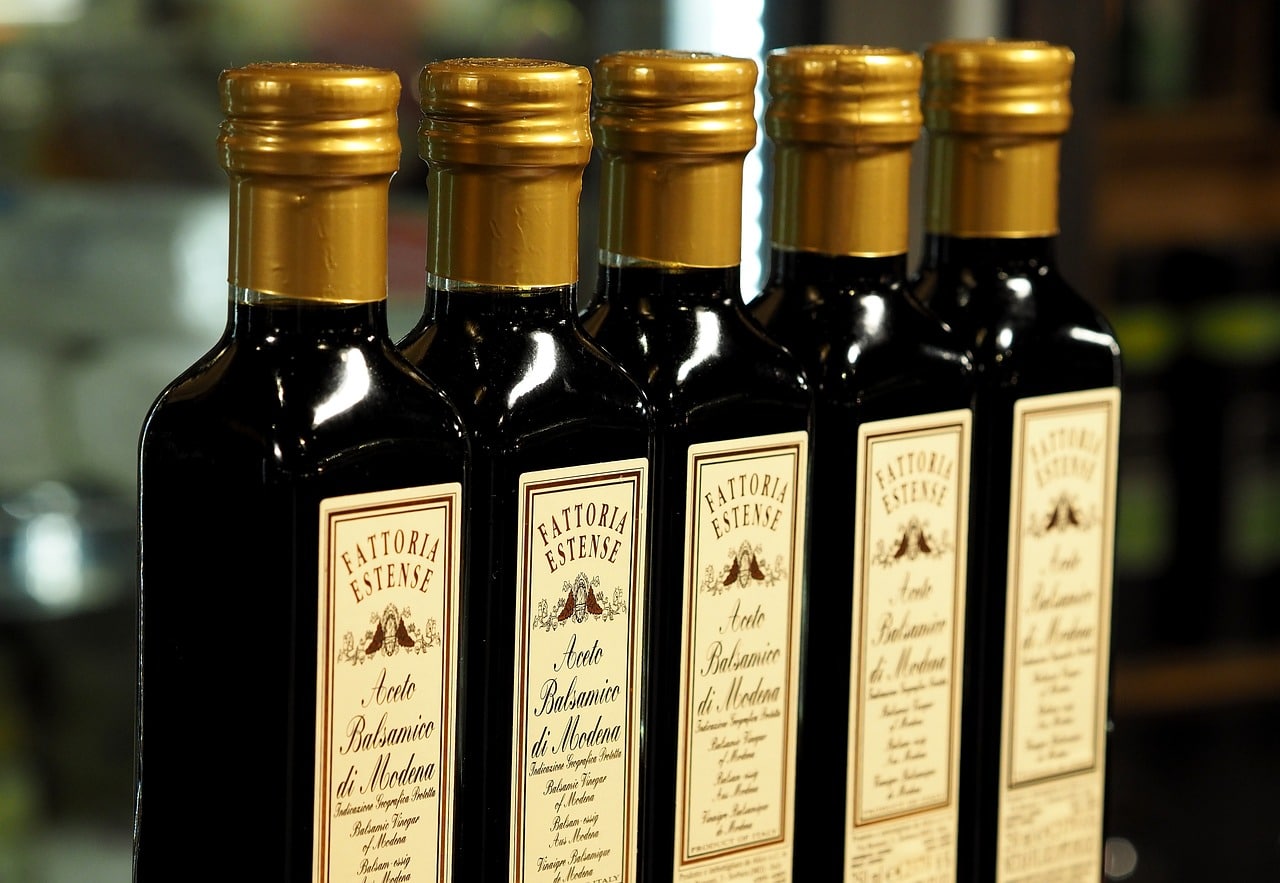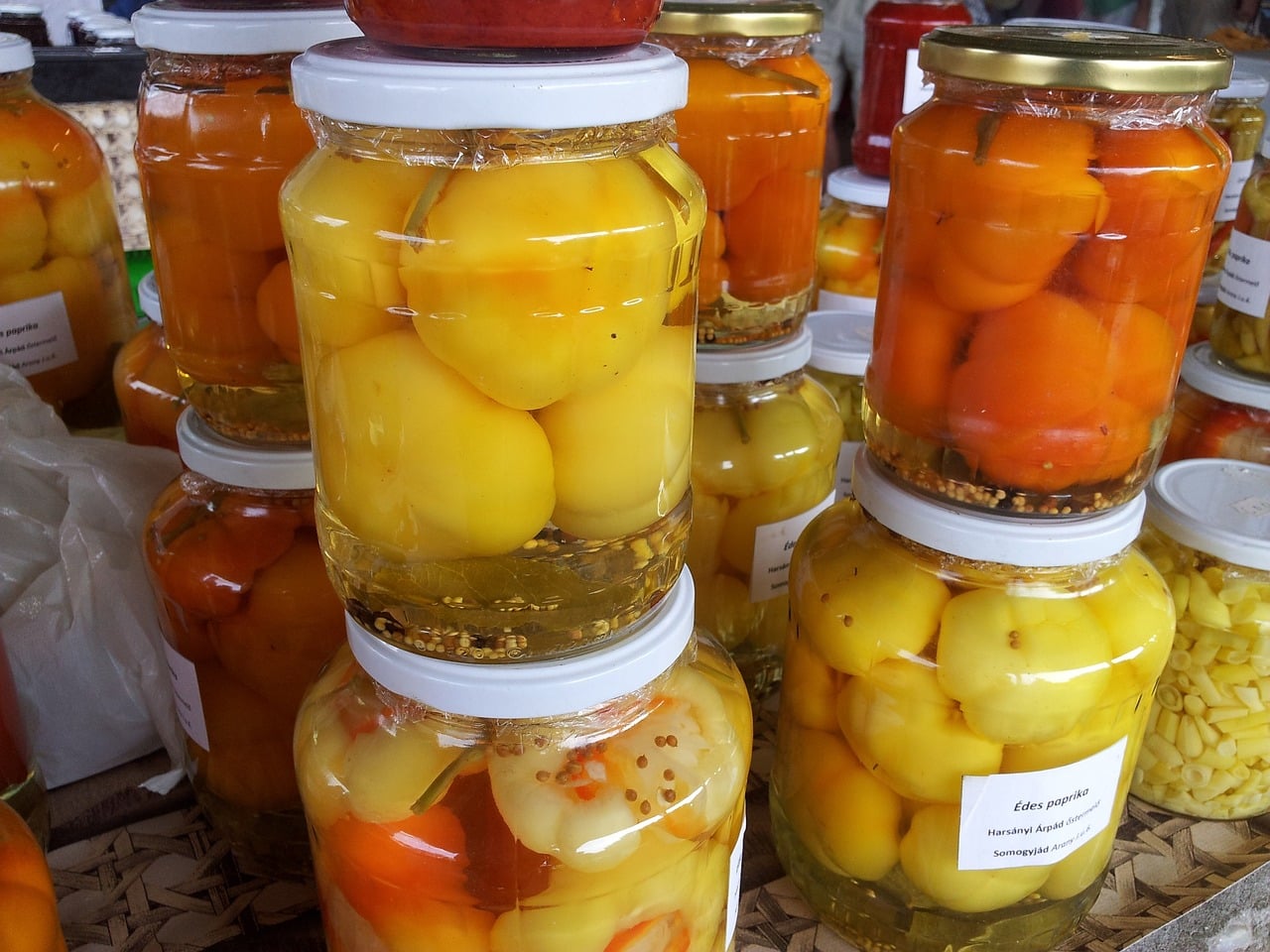
Vinegar is a sour liquid that is used as a condiment.
Vinegar is a sour liquid with astringent characteristics that is composed of acetic acid and water, and is produced from the combination and acid fermentation of apple and wine. The concept finds its origin in the Latin phrase vinum acre (an expression that, in Spanish, is interpreted as "sour wine" ).
It should be noted that the production of vinegar began to develop from wine that became sour or pungent. Only in 1864 could it be precisely explained how vinegar was produced from the action of bacteria of the Mycoderma aceti group. The chemical reaction of said fermentation requires certain conditions of acidity (pH level), nutrients and alcohol concentration.
The final vinegar process involves maceration in barrels that are usually made of wood. The maturation time depends on the type of vinegar you want to make, and can range from six months to several years (as is the case with balsamic vinegar ).
Vinegar in gastronomy
Vinegar has been associated with gastronomy since the origin of the production of alcoholic beverages. In times of the Roman Empire, the chef Apicius (responsible for the cooking publication that, according to historians, is the oldest in the world) already used vinegar in some recipes.
Currently, vinegar is mainly used to season salads, along with olive oil , and it is also the base ingredient in the preparation of both pickles , in the case of mussels, for example, and pickles or marinades of various types. . And the aforementioned product in these cases acts as a perfect preservative that what it achieves is that the different foods slow down the putrefaction process.

Pickles and pickles can be prepared with vinegar.
Classification according to type
In the food field we have to emphasize that there are different types of vinegar. Among them, wine stands out, which is the most common; balsamic , which is also known as Modena and is characterized by having a dark color and a stronger flavor; or apple , which is widely used to prepare vinaigrettes.
However, we cannot forget the existence of other types of vinegar that are very famous throughout the world, such as the case of Jerez , which comes from the Andalusian city that gives it its name and is protected by a Regulatory Council , or Porto . The latter, as its name indicates, is made from the exquisite wines that are prepared in the wineries of this Portuguese city.
To all of them we should add the one also known as yolk vinegar , which is considered by experts in the field to be the best quality on the market. This can be defined as that which comes from the middle of the jar or vat in question where it is kept.
Vinegar beyond food
In addition to its gastronomic use, vinegar can be used in the field of medicine and nursing (for skin healing thanks to its high level of acidity).
It is even sometimes used for home cleaning , especially glass and crystals.
Another use of the term
Vinegar, finally, can be used as an adjective in everyday language to name people who have a bad character or who are characterized by their bad mood .
For example: "I can't tolerate that man, he's an old vinegar."
